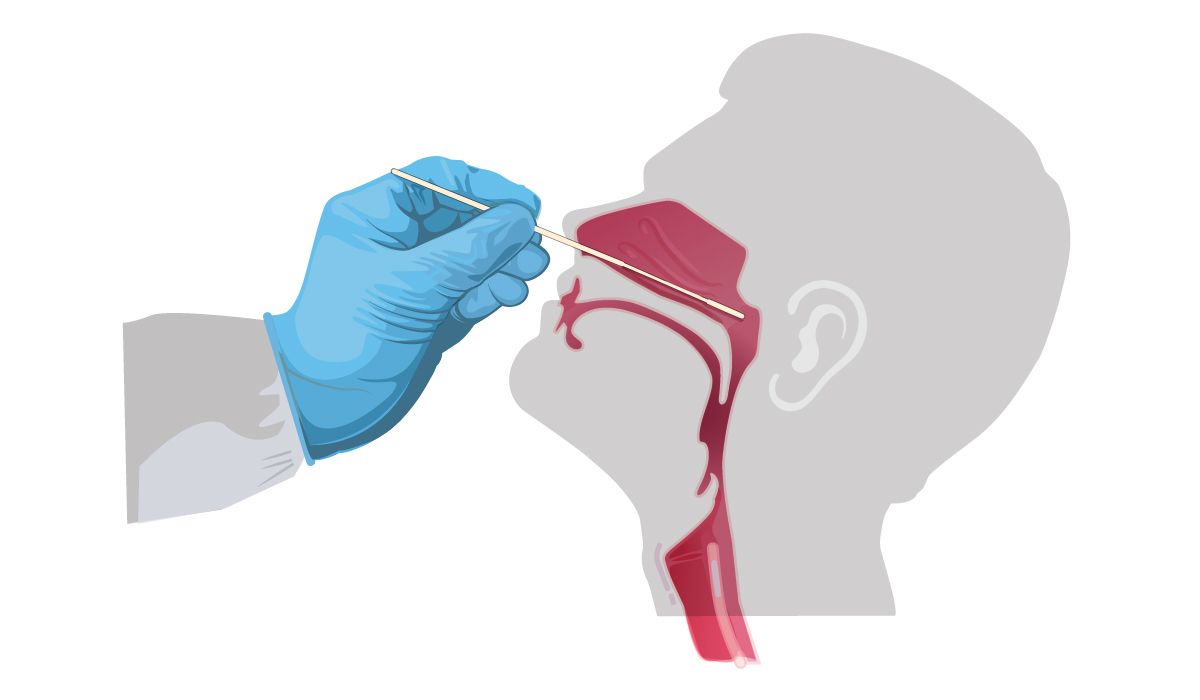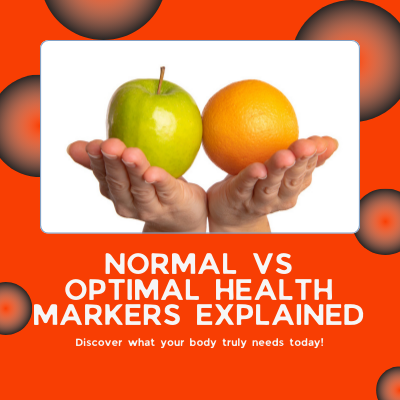Combating Contagious Diseases: Point-of-Care Testing for COVID, RSV, and FLU with Mobile Phlebotomy
This is a subtitle for your new post

IContagious diseases such as COVID-19, the flu, and respiratory syncytial virus (RSV) have been at the forefront of public health concerns for the past several years. These illnesses are highly transmissible and can spread rapidly, causing severe illness and even death in some cases. As such, it is crucial to detect and manage these diseases early to prevent further spread and protect the health of the population. One important aspect of this effort is point-of-care testing, which allows healthcare providers to quickly diagnose patients and take appropriate actions. In this blog post, we will explore the benefits of point-of-care testing for contagious diseases such as COVID-19, the flu, and RSV and how utilizing mobile phlebotomists can improve access to healthcare.
Contagious Diseases: COVID-19, Flu, and RSV
COVID-19, the flu, and RSV are all contagious respiratory illnesses that can cause serious illness or death. COVID-19, caused by the SARS-CoV-2 virus, has caused a global pandemic since its emergence in late 2019, while the flu and RSV are seasonal illnesses that can cause significant morbidity and mortality, especially in vulnerable populations such as the elderly, young children, and immunocompromised individuals. All three diseases share similar symptoms, including fever, cough, and shortness of breath, making it challenging to differentiate between them without testing.
Point-of-Care Testing for COVID-19, Flu, and RSV
Point-of-care testing (POCT) refers to the ability to perform diagnostic tests outside of a traditional laboratory setting, typically in a clinical or non-clinical environment. POCT for COVID-19, the flu, and RSV has become increasingly popular in recent years due to its ability to provide rapid and accurate diagnosis, which is critical for controlling the spread of these contagious diseases. POCT for COVID-19, the flu, and RSV can be performed using a variety of methods, including molecular assays, antigen tests, and serology tests. These tests can be conducted on a variety of specimens, including nasopharyngeal or oropharyngeal swabs, saliva, and blood.
The Benefits of Point-of-Care Testing
There are several benefits of POCT for COVID-19, the flu, and RSV. First, POCT can provide rapid diagnosis, allowing healthcare providers to take appropriate actions quickly, such as initiating isolation protocols, treating the patient, and implementing contact tracing. This can help prevent further spread of the disease and protect public health. Second, POCT can be performed outside of traditional laboratory settings, which can increase access to testing and reduce turnaround times for results. This is particularly important in areas with limited laboratory infrastructure or where rapid diagnosis is critical, such as in hospitals and urgent care centers. Finally, POCT can be cost-effective, particularly if the test is performed in bulk or if it eliminates the need for expensive equipment or laboratory personnel.
Utilizing Mobile Phlebotomists to Improve Access to Healthcare
One of the key challenges to implementing POCT is the need for specimen collection, particularly for blood tests. This requires skilled phlebotomists who can collect and process specimens in a safe and effective manner. However, access to phlebotomists can be limited in certain areas, particularly in rural or underserved communities. This is where mobile phlebotomy services can play a critical role. Mobile phlebotomists can travel to patients' homes or workplaces, making it easier for patients to receive testing and diagnosis without the need to travel to a healthcare facility. This can be particularly beneficial for vulnerable populations who may have difficulty traveling or who may be hesitant to seek care due to concerns about exposure to contagious diseases.
Mobile phlebotomy services offer several benefits in improving access to healthcare, particularly for individuals residing in rural or underserved communities. By bringing skilled phlebotomists to patients' homes or workplaces, mobile phlebotomy services eliminate the need for patients to travel to healthcare facilities, thereby reducing transportation costs and improving convenience. Additionally, mobile phlebotomy can benefit vulnerable populations who may have difficulty traveling or who may be hesitant to seek care due to concerns about exposure to contagious diseases.
Moreover, mobile phlebotomy can also increase access to diagnostic testing, particularly for blood tests, which may be necessary for the diagnosis and management of several health conditions. With mobile phlebotomy, patients can have their blood drawn in the comfort and privacy of their own homes or workplaces, avoiding the need to wait in long lines or crowded waiting rooms in healthcare facilities. This can also reduce the risk of exposure to contagious diseases, making it a safe and convenient option for patients.
Another advantage of mobile phlebotomy is its ability to provide personalized and efficient services. Mobile phlebotomists can tailor their services to fit the needs of each patient, providing individualized care and support. Additionally, mobile phlebotomy can help reduce wait times and increase efficiency by eliminating the need for patients to wait in line or navigate complex healthcare systems. This allows for faster diagnosis and treatment, which can improve patient outcomes and quality of life.
Overall, mobile phlebotomy services offer several benefits in improving access to healthcare, particularly for patients residing in rural or underserved communities. By providing convenient, efficient, and personalized services, mobile phlebotomy can help increase access to diagnostic testing, reduce transportation costs, and improve patient outcomes.











